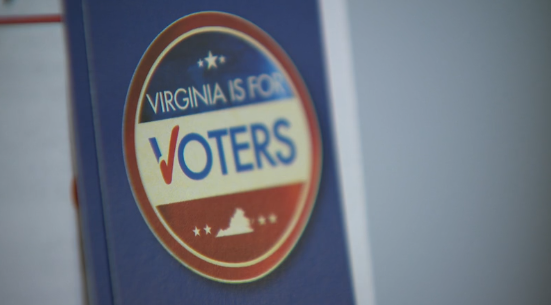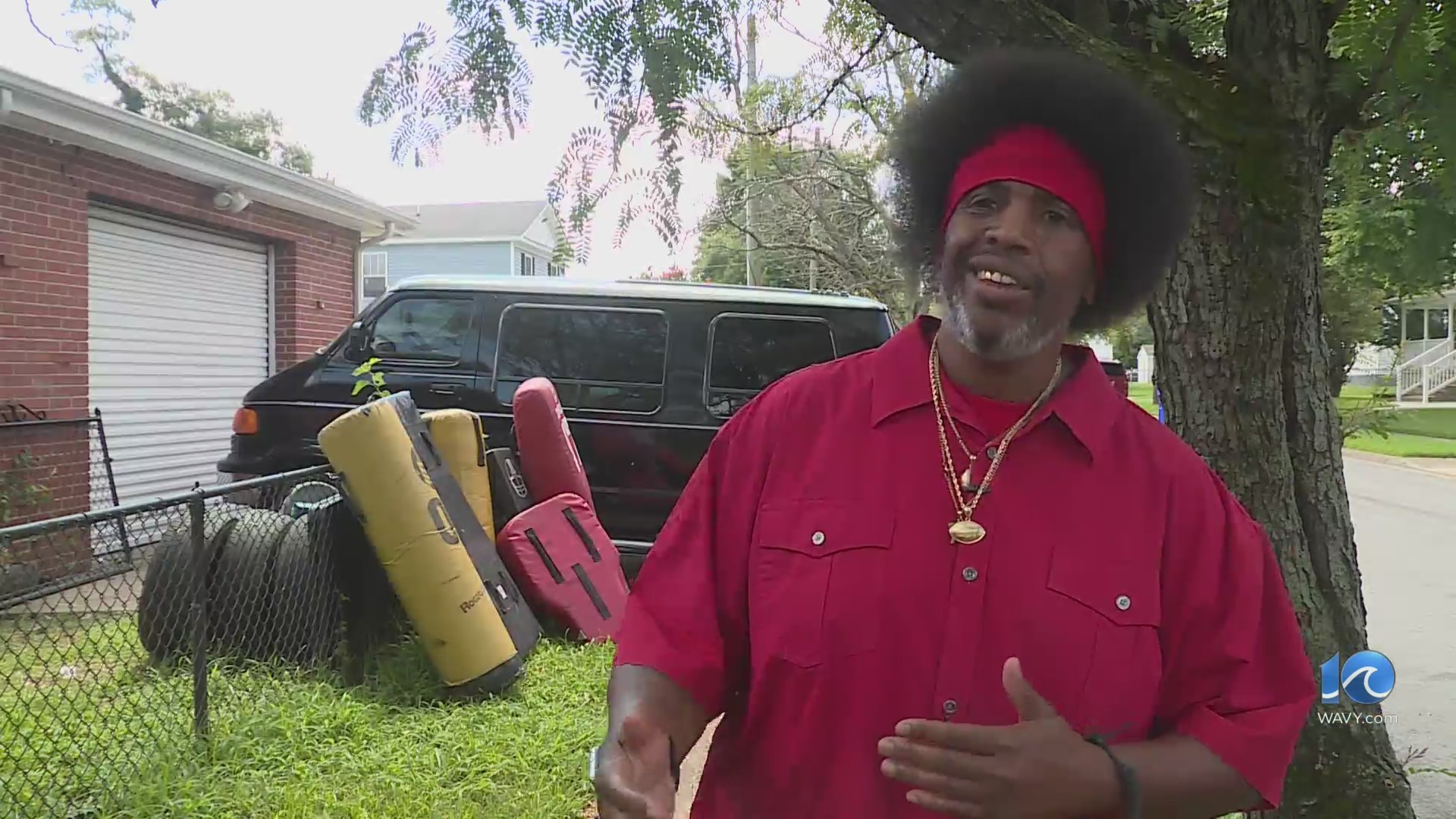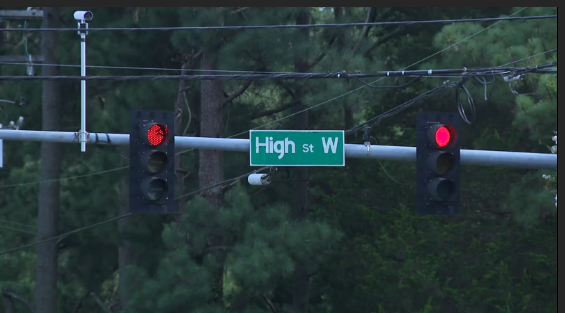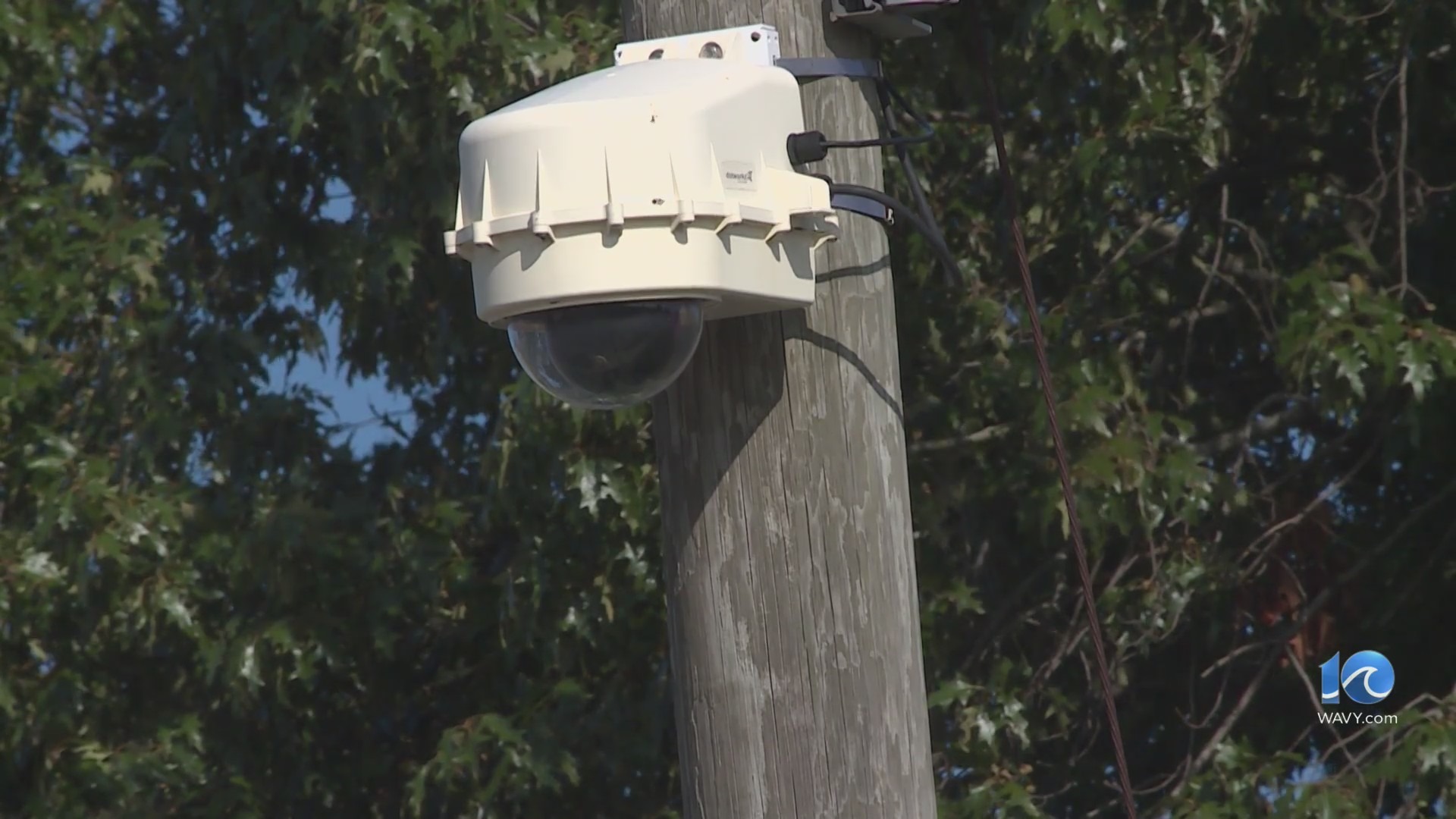CHICAGO — Vice President Harris accepted the Democratic nomination here Thursday with a speech wrapped in an intense tone of patriotism.
But she also took the fight to former President Trump in pugnacious style.
Harris has arrived at this point after an extraordinary sequence of events ignited by President Biden’s disastrous June 27 debate with Trump.
Since Biden announced on July 21 that he would abandon his bid for a second term, Harris has been transformed from a vice president with tepid approval ratings and an uncertain future to the narrow front-runner in a race that could make her the first female president.
The vice president delivered a speech just short of 40 minutes’ duration to a United Center packed to the rafters with cheering Democrats.
Here are the main takeaways:
A fervent embrace of patriotism
It’s no surprise that a nominee’s acceptance speech would sound some ritualized patriotic notes.
But Harris went far further than that.
She cast her bid for the presidency as an effort to spark new hope and unity within the nation, and to bring increased respect for the U.S. in the wider world.
“I see a nation that is ready to move forward, ready for the next step in the incredible journey that is America,” she said toward the conclusion of her speech. “I see an America where we hold fast to the fearless belief that built our nation and inspired the world.”
Harris critics would argue there’s a narcissism in casting one’s own quest for election in such sweeping terms. But the vice president is plainly trying to build a campaign that leans on inspiration — something that was in rather short supply with Biden.
Harris at the same time cast Trump and his allies as fundamentally unpatriotic because of their propensity to focus on what they see as the nation’s flaws.
Her opponents, Harris said, were constantly “denigrating America, talking about how terrible everything is.”
Between the lines of the speech, the appeal to patriotism also looked like an attempt to defend Harris against attempts to “other” her — a Black woman of South Asian descent.
Time will tell whether she succeeds in driving back those attacks. But she made a strong effort.
Harris leans on the power of biography
The election will likely be decided by a small sliver of undecided voters — and it seems fair to assume that many of them have not yet developed a fixed opinion of Harris.
Despite her serving as vice president for almost four years — and in the Senate before that — many Americans went into Thursday unfamiliar with the granular details of her background.
Harris sought to assuage that curiosity in some of the speech’s most vivid passages, which dealt with her family and upbringing.
She recalled “a home filled with laughter and music — Aretha, Coltrane and Miles.”
She talked fondly of her early life in “a beautiful, working-class neighborhood of firefighters, nurses and construction workers.”
Most movingly of all, perhaps, she recalled her mother as “a brilliant, 5-foot-tall brown woman with an accent” and immediately added that “as a child, I saw how the world would sometimes treat her. “
Harris also cast her early career as a prosecutor as stemming from a troubling moment in adolescence when a friend, Wanda, said she was being sexually abused by her stepfather.
Harris said she would later go into law “to protect people like Wanda. … Everyone has a right to safety, to dignity and to justice.”
Throwing hard punches at Trump
“When we fight, we win” has become one of the slogans of Harris’s campaign — and of this convention. The vice president threw some sharp punches Thursday night.
In one of the strongest sound bites, Harris called Trump “an unserious man” but warned that the “consequences of putting Donald Trump back in the White House are extremely serious.”
She spoke starkly about Trump’s behavior in and around Jan. 6, 2021.
She characterized his false claims of election fraud as an effort “to throw away your votes.” She added that, as the riot was going on, “when politicians in his own party begged him to call off the mob and send help, he did the opposite.”
There were also more implicit, but clear, jabs at Trump, such as when she promised, of veterans, to “never disparage their service and their sacrifice,” or when she pledged to “put country above party and self” and to abide by “the peaceful transfer of power.”
Just as saliently, Harris alleged Trump would go even further if elected to a second term.
“Just imagine Donald Trump with no guardrails,” she warned.
Passion but no change of policy on Gaza
The question of Israel and the Palestinians is by far the most divisive within a Democratic Party that is otherwise ardent about uniting behind Harris.
The protests here did not reach either the scale or level of disorder that some had anticipated.
Harris addressed the issue in her speech with passion — but no notable change in policy.
She said it was time to get a hostage deal and launched into a vigorous defense of Israel’s right to defend itself.
She insisted that “the people of Israel must never again face the horror that a terrorist organization called Hamas caused on Oct. 7.”
She then segued into an acknowledgement that “what has happened in Gaza” — the killing of more than 40,000 people, according to local health authorities — “is devastating.”
She called the suffering “heartbreaking” and said she hoped for a day when the Palestinian people would be able to recognize their right to “self-determination.”
It will be a dissatisfying response for the activists who are most outraged about the Biden administration’s support for Israeli Prime Minister Benjamin Netanyahu.
But Harris is betting she will lose few votes in that regard in the end — and that any failure to defend Israel could carry worse electoral consequences.
Pressing the point on abortion, playing defense on immigration
Many Democrats expect abortion to be their single strongest issue in this year’s campaign. Republicans counter that immigration is the Democrats’ biggest vulnerability.
It was no surprise, then, that Harris leaned in hard on the former, and sought to ameliorate the political danger on the latter.
Noting some of the effects of the striking down of Roe v. Wade, she went on to insist that a second Trump term would enable the former president and his allies to “limit access to birth control, ban medication abortion and enact a nationwide abortion ban.”
When it came to immigration, she noted Trump’s central role in thwarting a bipartisan border deal that had been proposed earlier this year.
She insisted she recognized the importance of securing the border and suggested there was a need to “reform our broken immigration system.”
Critics will say such promises are platitudinous. And Republicans believe the political vulnerably to Harris will remain.
But she at least made her case with vigor and tried to drive Trump back.


























































